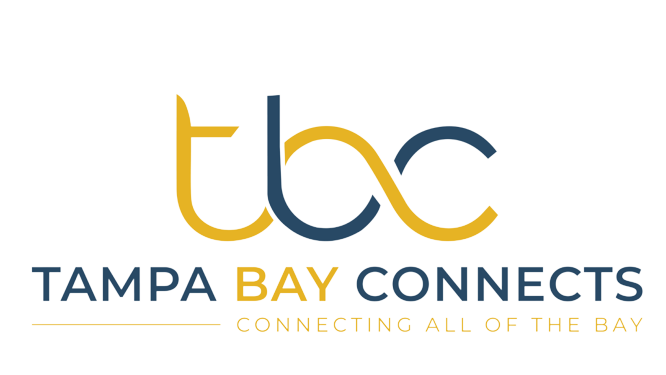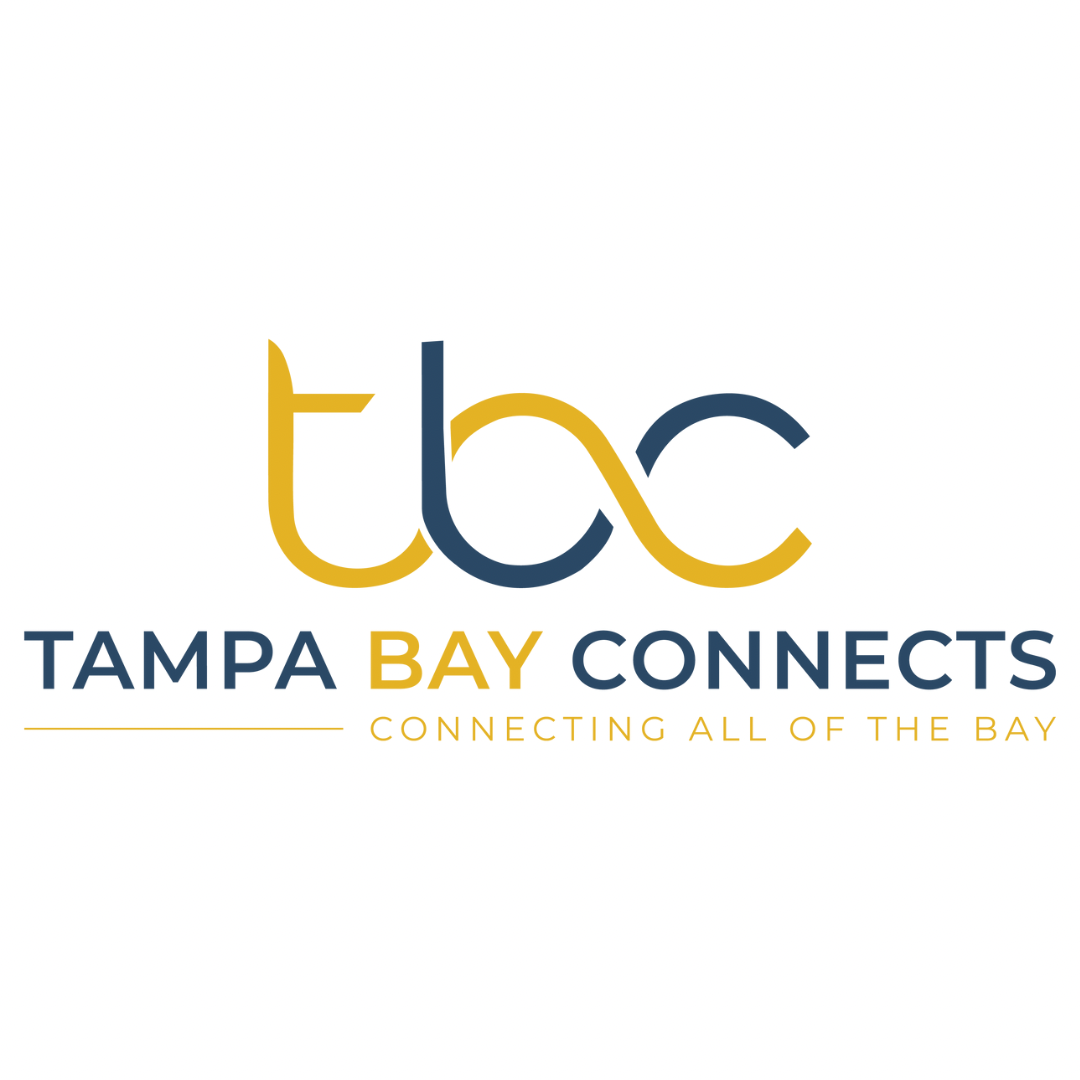In today’s fast-paced world, achieving work-life balance has become increasingly challenging. The ongoing pandemic and the shift to remote work have blurred the boundaries between professional and personal life, leading to heightened work pressures and decreased equilibrium. This article explores the impact of poor work-life balance, shares insightful statistics on its importance, and delves into the concept of work-life integration. Discover effective tips from health experts on how to improve work-life balance and find harmony amidst the demands of the modern world.
The Consequences of Poor Work-Life Balance
Fatigue: Exhaustion impairs cognitive abilities, impacting professional performance and potentially leading to mistakes.
Poor Health: Chronic stress can have detrimental effects on physical and mental well-being, increasing the risk of health issues and substance misuse.


Statistics Highlighting the Significance of Work-Life Balance
Employee Perspective: Many employees consider work-life balance as the most crucial factor in their professional lives.
Negative Impact: Poor work-life balance can negatively affect motivation, morale, and overall job satisfaction.
Health Risks: Excessive working hours are linked to severe health conditions, such as cardiovascular diseases and mental health disorders.
Desire for Flexibility: A significant percentage of employees are willing to accept lower pay in exchange for the opportunity to work from home.
Understanding Maslow's Theory:
Meeting Basic Needs: Employment fulfills fundamental physiological needs, contributing to a sense of belonging and self-esteem.
Self-Actualization and Leisure Time: Work alone may not fulfill higher-level needs, emphasizing the importance of leisure activities and self-actualization.

Tips Shared by Health Experts on Work-Life Balance
Overcoming Perfectionism: Prioritize excellence over perfection and adopt a realistic approach to workload.
Finding Passion in Work: Pursue a career that aligns with your interests and passions to facilitate work-life balance.
Understanding Organizational Culture: Seek a work environment that values work-life balance and supports employees’ well-being.
Effective Time Management: Plan and allocate time for different priorities, utilizing techniques like the Eisenhower model.
Prioritizing Health: Place a premium on your physical and mental well-being to enhance productivity and happiness.
Limiting Time-Wasting Activities: Reduce interactions with unproductive individuals and manage online distractions.
Cultivating a Social Life: Incorporate social activities into your routine and make time for meaningful connections.
Learning to Say No: Avoid overcommitting by setting boundaries and prioritizing tasks effectively.
Detaching from Work: Establish boundaries between work and personal life, especially when working remotely.
Taking Vacation Time: Utilize vacations to completely disconnect from work, rejuvenate, and restore balance.

Take charge of your work-life balance today! Embrace excellence, prioritize health, and create meaningful connections. Act now for a more fulfilling life!


